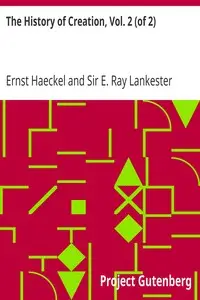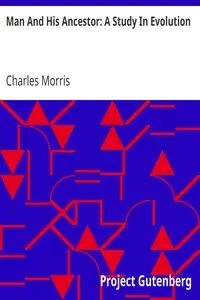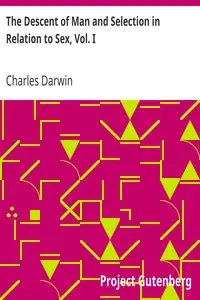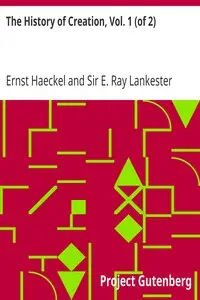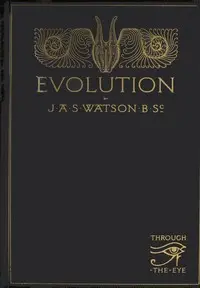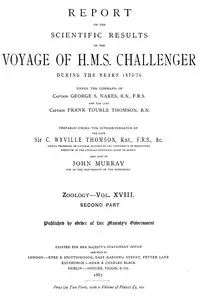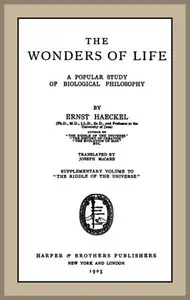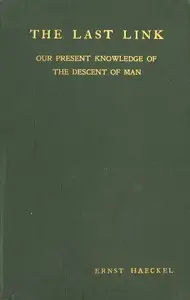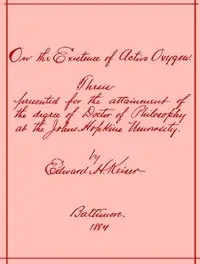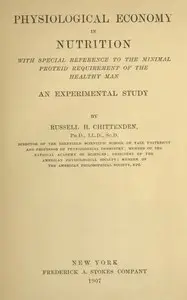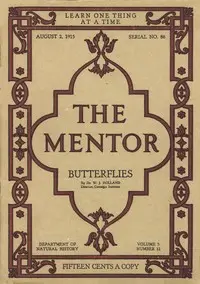"The Evolution of Man — Volume 2" by Ernst Haeckel is a science book from the early 1900s that looks at how humans evolved over time. Haeckel tries to explain human evolution by studying how embryos develop and comparing the bodies of different animals. The book starts by talking about important ideas in embryology and phylogeny, using creatures like the lancelet and sea-squirt to show how vertebrates evolved. He talks about the biogenetic law, which says that when an individual grows, it repeats the evolutionary steps of its species. By comparing the anatomy and embryo development of simpler organisms to humans, Haeckel wants to show the connections between us and our ancient ancestors, setting up the rest of the book to explain human evolution.

The Evolution of Man — Volume 2
By Ernst Haeckel
Explore the origins of humanity's place in the world, where the development of the individual mirrors the journey of the species.
Summary
About the AuthorErnst Heinrich Philipp August Haeckel was a German zoologist, naturalist, eugenicist, philosopher, physician, professor, marine biologist and artist. He discovered, described and named thousands of new species, mapped a genealogical tree relating all life forms and coined many terms in biology, including ecology, phylum, phylogeny, and Protista. Haeckel promoted and popularised Charles Darwin's work in Germany and developed the influential but no longer widely held recapitulation theory claiming that an individual organism's biological development, or ontogeny, parallels and summarises its species' evolutionary development, or phylogeny.
Ernst Heinrich Philipp August Haeckel was a German zoologist, naturalist, eugenicist, philosopher, physician, professor, marine biologist and artist. He discovered, described and named thousands of new species, mapped a genealogical tree relating all life forms and coined many terms in biology, including ecology, phylum, phylogeny, and Protista. Haeckel promoted and popularised Charles Darwin's work in Germany and developed the influential but no longer widely held recapitulation theory claiming that an individual organism's biological development, or ontogeny, parallels and summarises its species' evolutionary development, or phylogeny.

